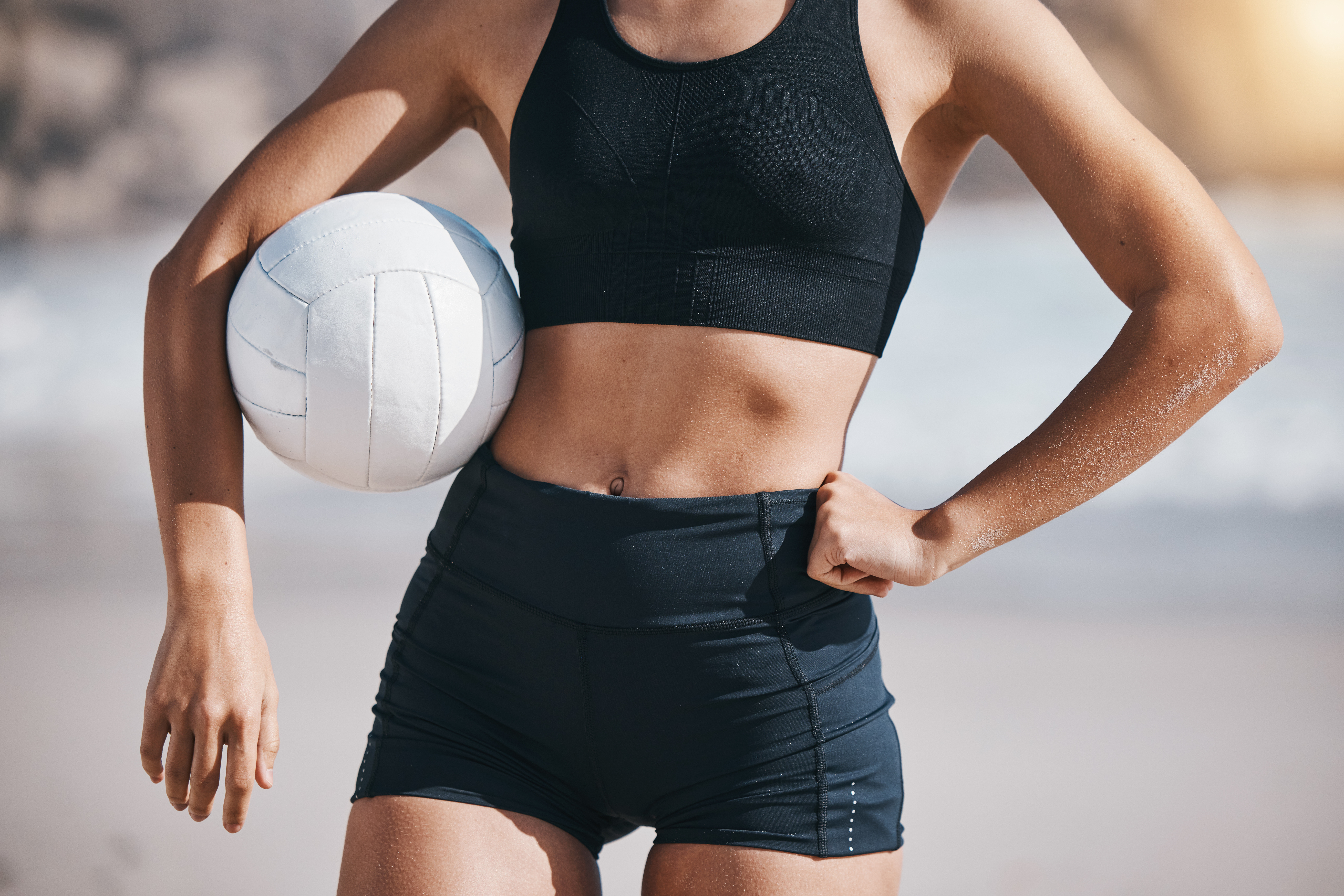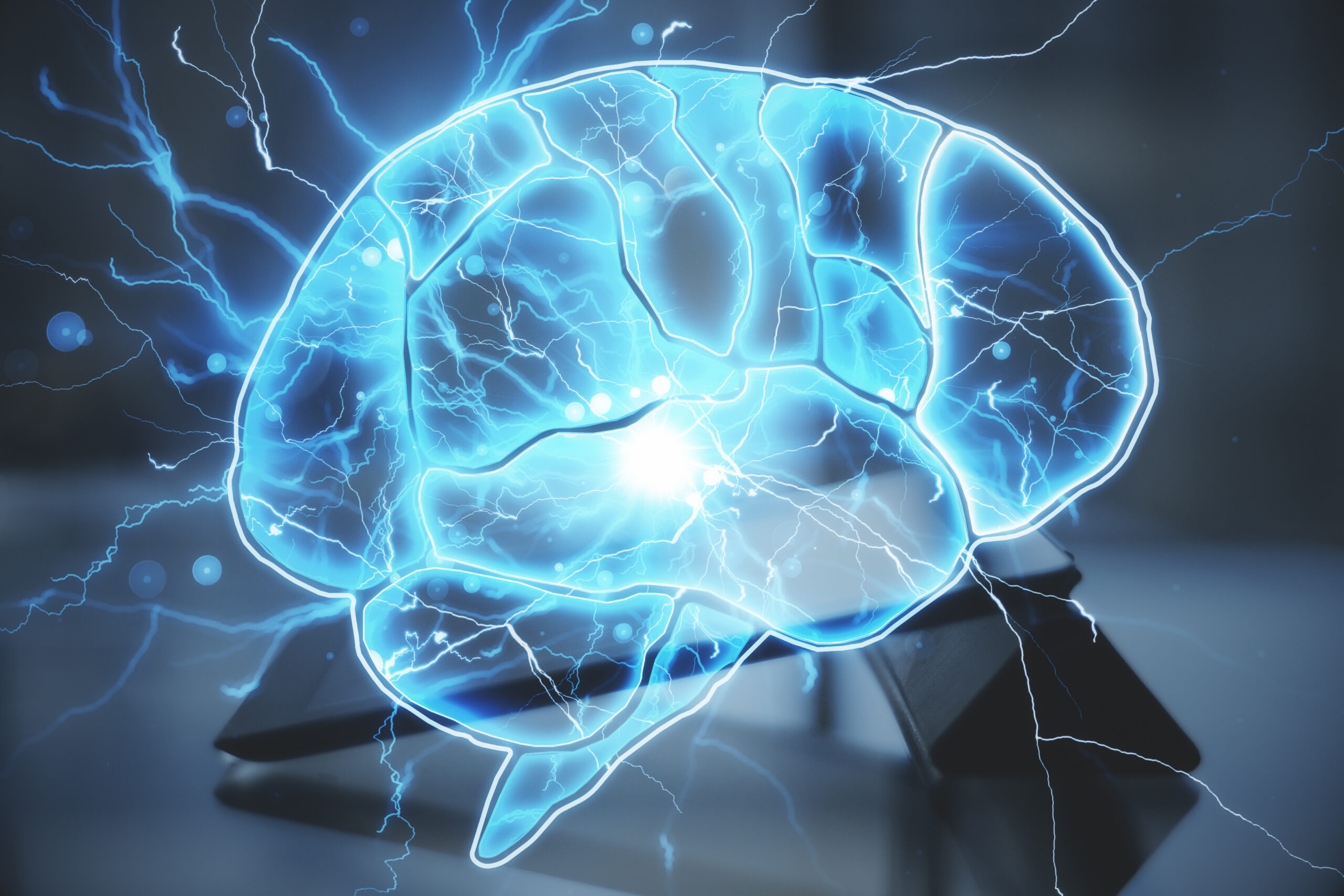Creatine is a natural supplement often used to improve athletic performance. It’s not only safe but also one of the world’s most popular and effective supplements for building muscle and strength during resistance exercise. It also leads to faster regeneration of ATP, therefore helping recovery after intensive exercise.
Creatine supplementation is effective with a variety of timing strategies (pre-workout and post-workout) and is also the ideal nutritional supplement for every athlete because it increases the energy sources that are immediately available.
Given that there is a wide array of athletic routines, we will also find different kinds of nutritional dynamics that one may follow. In this article we will discuss the interaction of creatine supplementation with some of the most common diets.
Enter CREATINE AND DIETS.

VEGAN AND VEGETARIAN DIET
Creatine is a naturally produced compound that can be primarily found in food such as poultry, red meat, fish, and seafood, since it is source are predominantly muscle fibers. As such, it is typical for athletes who adopt a vegan or vegetarian diet to have lower levels of creatine in the muscles and the blood in comparison with meat eaters.
Research shows that creatine supplementation can help increase previously low creatine stores in vegans and vegetarians, which may translate into great improvements in fat-free body mass, maximal strength and type II muscle fiber area compared to omnivores.
Additional preliminary research also suggests that creatine supplementation may provide extra cognitive benefits in vegetarians, such as improved memory and intelligence.
Furthermore, other studies suggest that vitamin B12 deficiency – a common issue in vegan and vegetarian diets – is linked with impairment in the production of methionine, one of the three amino acids that synthesize creatine. Therefore, creatine supplementation appears to be a logical approach to offset some of the nutritional concerns associated with vegans and vegetarian diets.

PALEO-DIET
As we mentioned before, physical recovery, improving exercise performance and building lean muscle are some of the benefits your body gets from creatine. Following a Paleo approach to eating will naturally include the richest food sources of creatine in your diet – such as wild game meat, and fish, as well as beef, pork and chicken.
This leads to science-backed conclusions that creatine supplementation is perfectly compatible with Paleo-diet as it will essentially help reach the optimal daily dose of creatine. Research has established that 3 to 5 grams per day is ideal to leverage its properties and help us make the most of our training and workout.
INTERMITTENT FASTING
Intermittent fasting (IF) has become a common practice for many consumers. This involves cycling between fasting periods and eating periods.
Some types of fasting allow certain amounts of calories to be consumed, such as a twice-a-week method or alternate-day fasting. However, most fasting methods practiced refer to those that restrict any calories or foods that might cause glucose levels to rise.
As research has proven, taking creatine alone does not cause a rise in insulin levels, nor does creatine contain any calories, which means it is perfectly compatible with intermittent fasting. This will work as long as you do not combine it with other ingredients that contain calories or may cause an insulin spike due to its glucose content, since this spike would indeed break the fast.

KETOGENIC DIET
Ketogenic diet involves consuming a very low amount of carbohydrates (around 20 grams a day) and replacing them with fat to help your body burn fat for energy. Health benefits can include weight loss and lowering your risk for certain diseases.
Research has systematically proven the benefits of combining creatine with standard levels of carbohydrates in your diet. However, these benefits do not diminish if your carb level intake is lower due to ketogenic diet.
The ketogenic diet leads to healthy cholesterol levels by increasing HDL and decreasing triglycerides and science has shown that creatine monohydrate supplementation lowers triglycerides and may even reduce fat accumulation in the liver, helping individuals with fatty liver and non-alcoholic liver disease.
MEDITERRANEAN DIET
The Mediterranean diet has been shown to have numerous benefits for those looking to build muscle and improve their fitness levels due to its high protein and healthy fats intake through fish, legumes, olive oil and nuts. Additionally, the amount of fruits and vegetables it includes are rich in vitamins and minerals, essential for muscle growth and repair.
While research has shown no direct or specific benefits of creatine when applied as supplementation to Mediterranean diet, no adverse or negative effects of any kind have been observed either. This leads to the conclusion that Mediterranean diet and creatine supplementation are indeed compatible, as both act as sources of the kind of nutrients that give the body an extra boost during performance and recovery.

CONCLUSION
The main conclusion we can reach based on the information we have gathered about creatine and diets is that creatine is an extremely flexible supplement that adapts uniformly well to some of the most popular diets.
If you have banned meat from your diet and have decided to approach veganism or vegetarianism, creatine supplementation will help you increase your inevitably low vitamin B12 and creatine stores, boosting your body mass and strength, while providing additional cognitive benefits.
Provided you have taken a Paleo-diet approach to your nutrition, the properties of creatine are compatible with the high protein intake derived from it – as long as the daily recommended dosage of 3-5 grams a day is respected.
Regarding intermittent fasting, the most common question is always whether creatine breaks the fast. As we have seen, the answer is no. Creatine contains no calories nor will it cause a spike in insulin derived from glucose, so its intake is perfectly valid.
The combination of ketogenic (low carb) diet and creatine is also promoted, given that this supplementation lowers triglycerides and can reduce fat accumulation in the liver. Last but not least, no negative effects have been observed when combining Mediterranean diet and creatine supplementation.
Thus, creatine supplementation has been cleared for use in some of the most popular diets around. To get the most out of it, we suggest taking 3 to 5 grams a day of creatine supplementation that contains both creatine monohydrate and phosphocreatine, such as Clonapure®, which is manufactured in a GMP site and undergoes continuous testing (HPLC) to verify its purity and quality. If you want to try Clonapure®, you can find it here.








